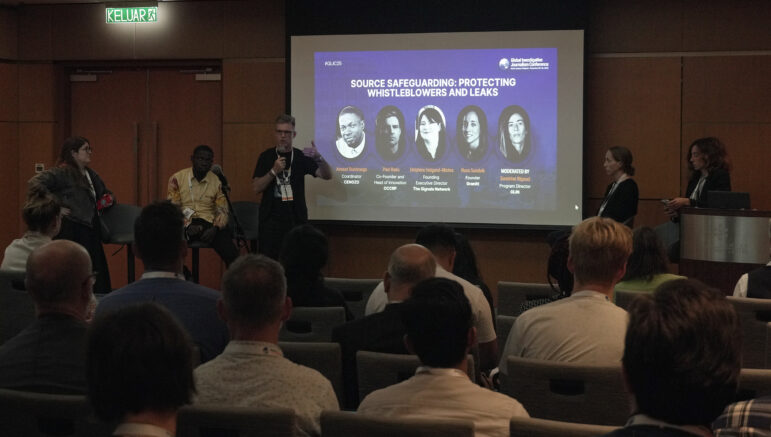
GIJC25
Expert Advice to Keep Your Sources and Whistleblowers Safe
Keeping your sources, your data, and yourself safe during investigations is a complex undertaking. Four veteran journalists offer their tips on how to do so.

Keeping your sources, your data, and yourself safe during investigations is a complex undertaking. Four veteran journalists offer their tips on how to do so.


A panel about the “brave new world” of surveillance at the 2023 IPI World Media Congress in Vienna discusses success stories around the world of journalists and activists pushing back against new and enhanced surveillance methods.
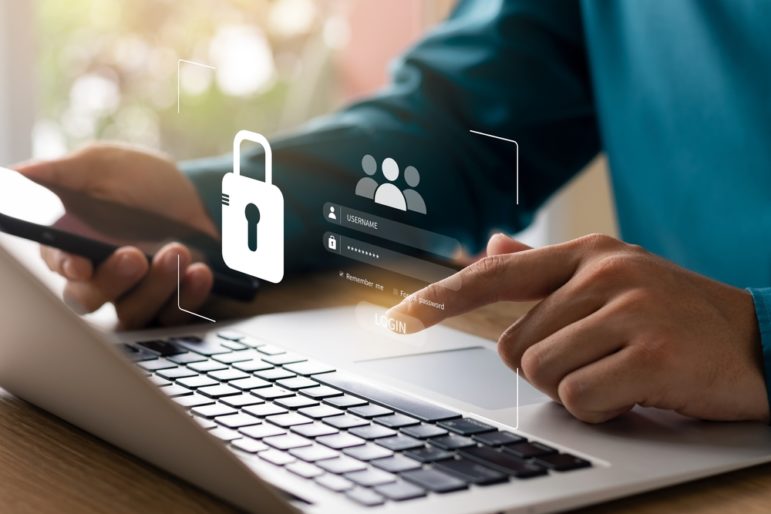
Some of the most significant progress in newsroom information security over the past decade has been in smaller, more recently-formed digital startups — many of them investigative outlets. They are proving they can effectively incorporate strong information security strategies into their highly adaptive and responsive workflows.
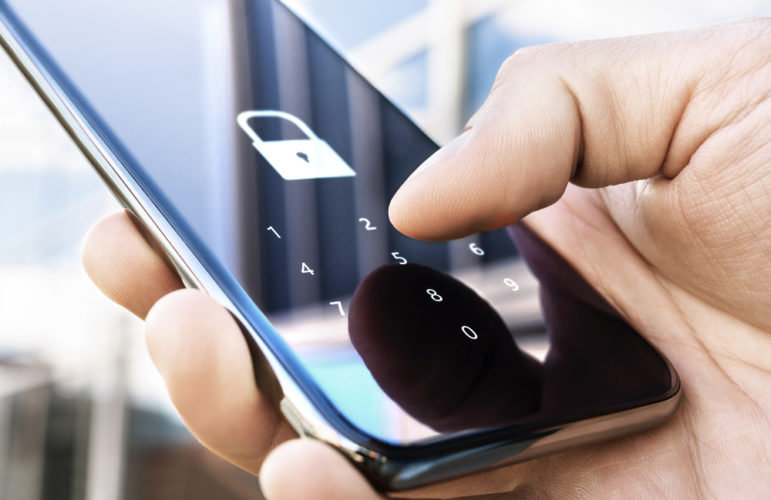
In an era when an investigative reporter’s contacts are often all stored on their smartphone or in the cloud, digital security best practices are paramount to protect your sources.
There is no way for investigative journalists to completely eliminate the risk of being tracked through metadata, but in an interview with Reporters Without Borders, technology expert Benjamin Finn offers a series of tips on how to protect both your sources and yourself.
GIJN is publishing a new business tools guide focused on helping news outlets solve their administrative needs. Written by Talya Cooper and illustrated by Chafiq Faiz, the guide includes useful software and applications – many of which are free – for small newsrooms. Tools included cover administration, management, communication, file sharing, accounting, SEO, audience engagement, audiovisual, content management, subscriber management, design and data visualization, social media and email marketing, site security, and password management.
Investigative reporters around the world are tightening their digital safety habits, out of concern that emergency pandemic laws, new spy technologies, and the lockdown itself have exposed journalists to even greater threats of surveillance and harassment. A dozen reporters and experts interviewed by GIJN agreed that sound digital hygiene was no longer optional for journalists in the COVID-19 world — and offered 10 security tips, including threat modelling, encrypted document transfer, and virtual burner phones.
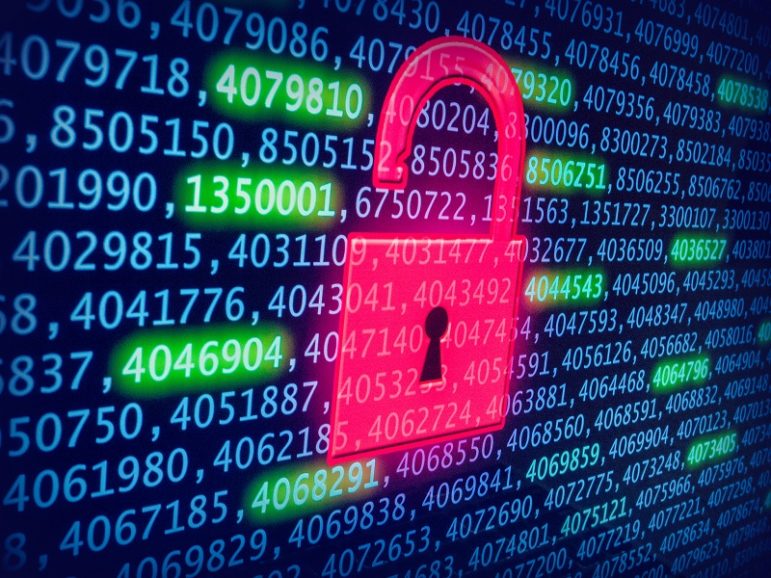
What’s the best way to protect you and your sources from commercial spyware? When the actual systems and applications used in everyday communications aren’t transparent and lack adequate security measures, using open source programs with encryption can be the best line of defense. Katarina Sabados rounded up some options for open source digital security for GIJN.
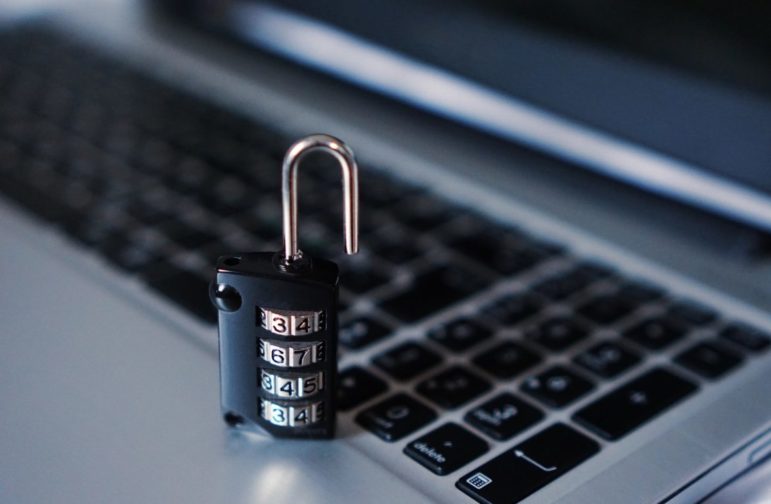
With daily headlines about massive data hacks, everyone should be worried about digital security. But investigative journalists may even be deliberately targeted. Digital security expert Chris Walker shared his top tips.